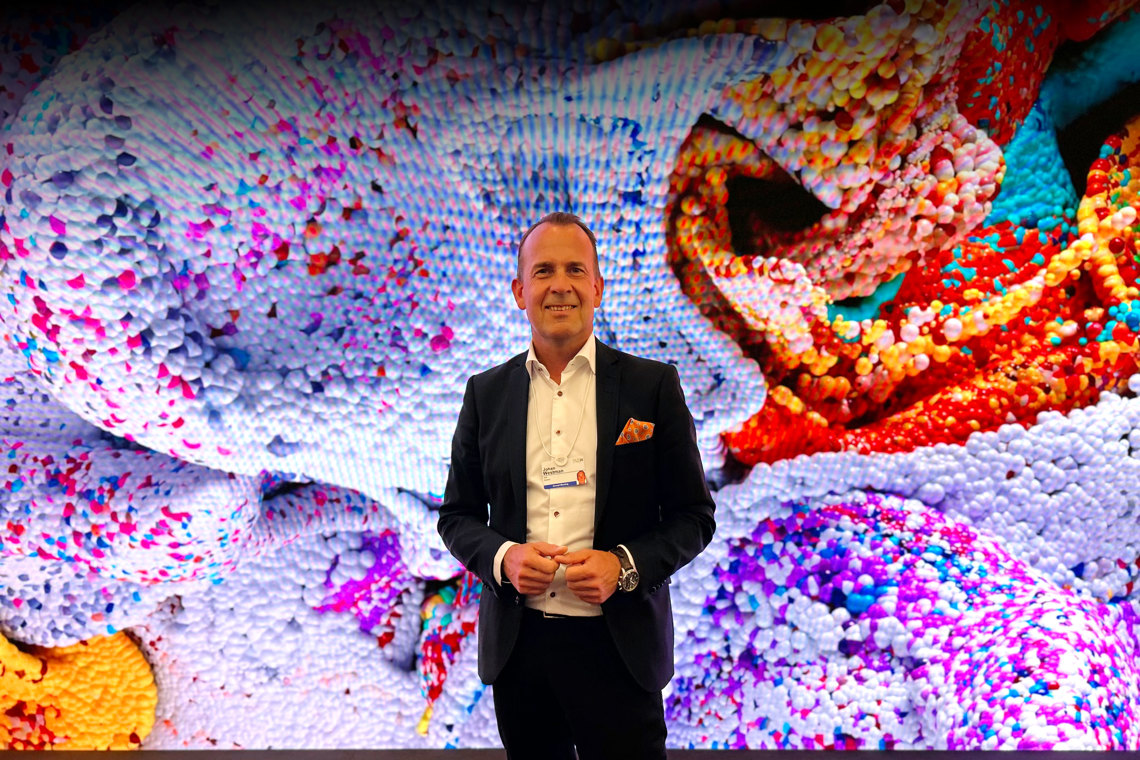In January, we took the stage at the World Economic Forum in Davos. AAK actively engaged in conversations centred around the green transformation of our global food supply while also taking the opportunity to talk about LGBTQI and inclusion at work. At the forefront of the discussions were our CEO and President, Johan Westman, committed to addressing critical issues such as the impending EU deforestation regulation, misperceptions of palm oil and how to build an inclusive culture.
The green transformation of our global food supply
The demand for food is expected to increase when the world's population reaches ~10 billion in 2050. Considering that food production contributes significantly to greenhouse gas emissions and climate change, the imperative shift towards sustainable food chains becomes increasingly central. The question we posed at Davos is: How can effective collaboration pave the way for success in bringing about this transformative change?
Legislative initiatives like the EU Deforestation Regulation, Corporate Sustainability Reporting Directive (CSRD), Sustainable Finance Disclosure Regulation (SFDR), and the EU Taxonomy have been established to create common sustainability standards and enhance transparency throughout the entire supply chain, from farm to table. However, legislation alone is not enough; a holistic approach is necessary.
Balancing economic viability with sustainability goals presents a formidable challenge. Notably, the statistics reveal that producing plant-based food requires only a fraction of the land needed for beef production per calorie—ranging from 1/3 to 1/20. This optimization of land utilization is essential, considering the significant resources demanded by beef and milk production, including land, water, and food.
Globally, the agricultural area covers approximately five billion hectares, accounting for 38 percent of the total land area. While one-third of this land is dedicated to arable purposes, the remaining two-thirds (65%) consist of meadows and pastures for grazing animals. Recognizing that deforestation is not a sustainable solution, our focus must shift towards enhancing the efficiency of land utilization to meet the growing demand for food. This calls for innovative, collaborative efforts and a commitment to a sustainable future for our global food systems.
Diversity and Inclusion at Work
Apart from the important conversations about a sustainable food supply AAK also took the opportunity to engage and learn even more about LGBTQI+ and inclusion at work. AAK is committed to attracting, developing, and retaining an inclusive and diverse workforce of people. This emphasis drives innovation, creates a trusting environment, and contributes to the success and sustainability of AAK.

